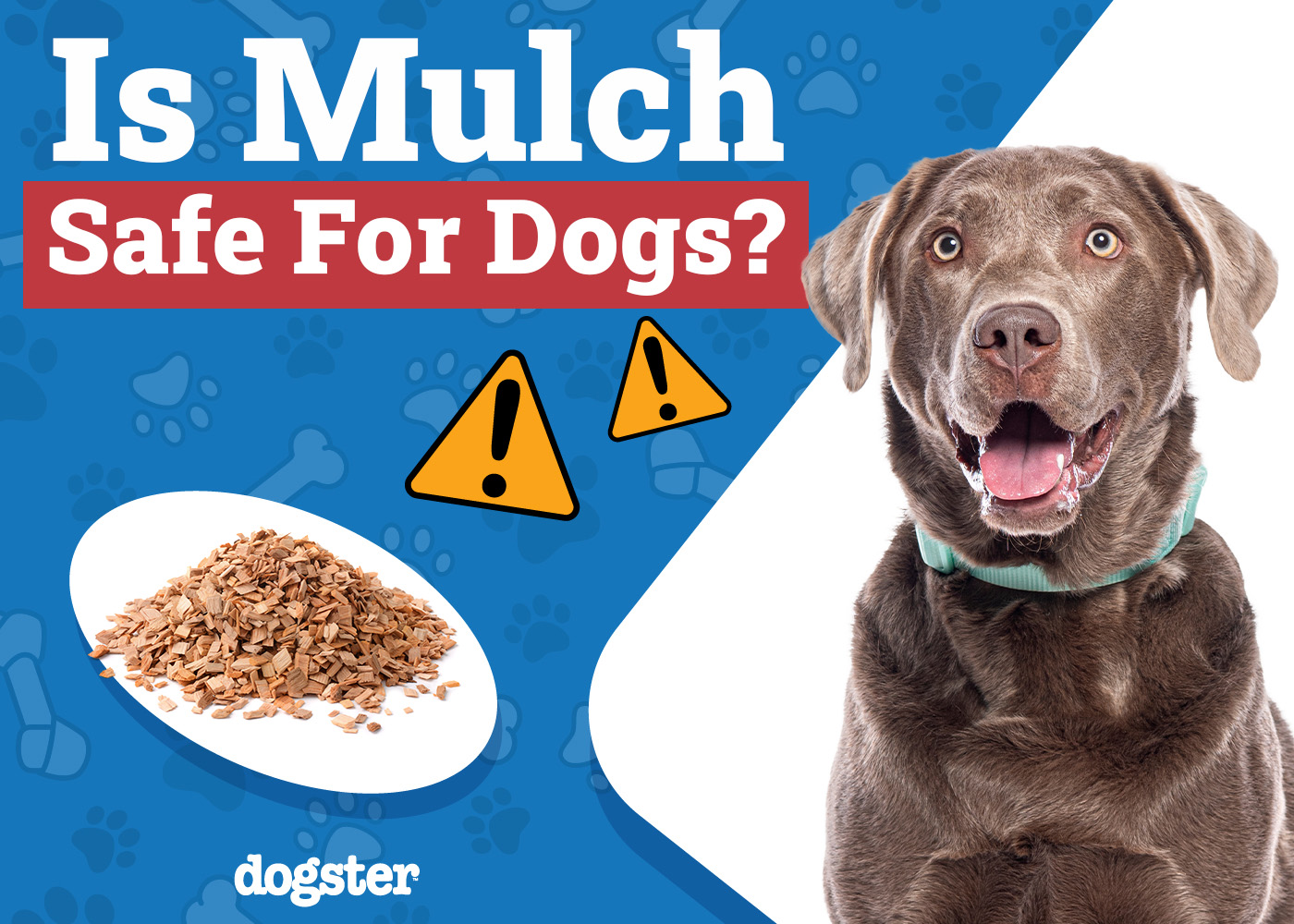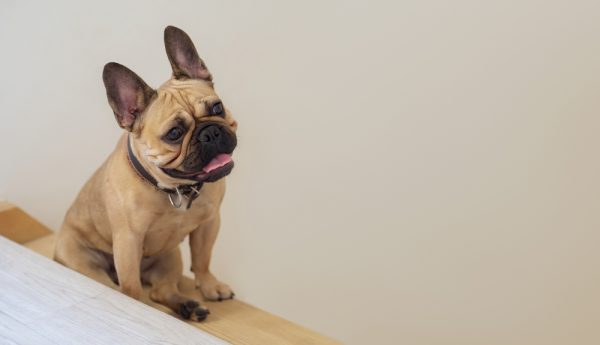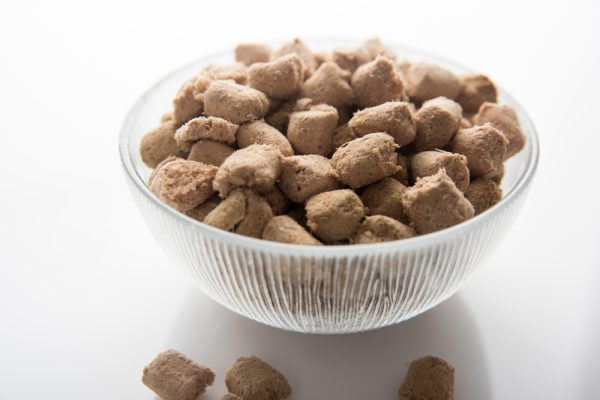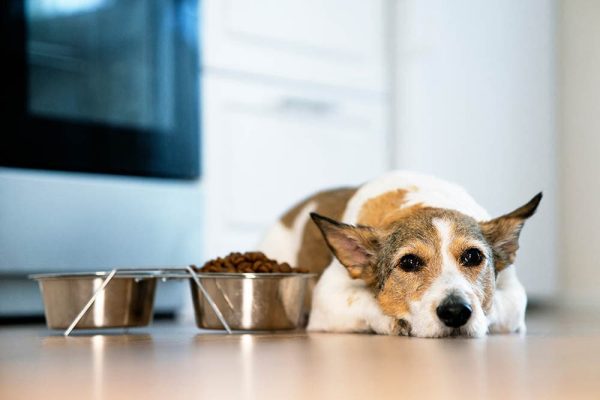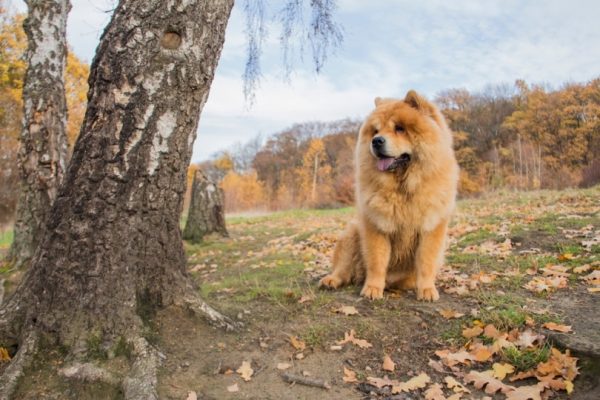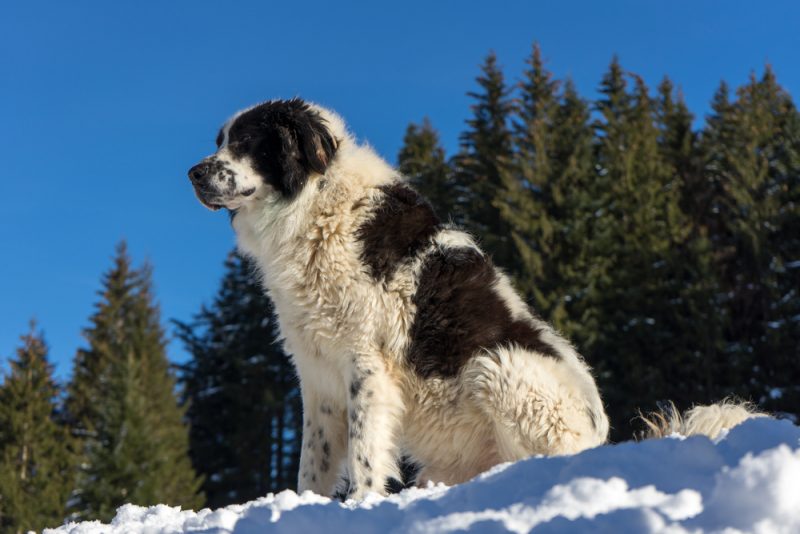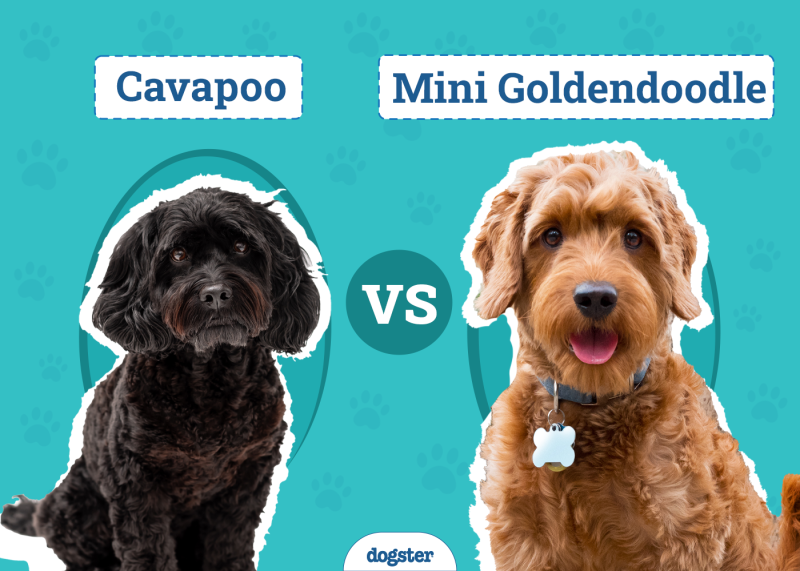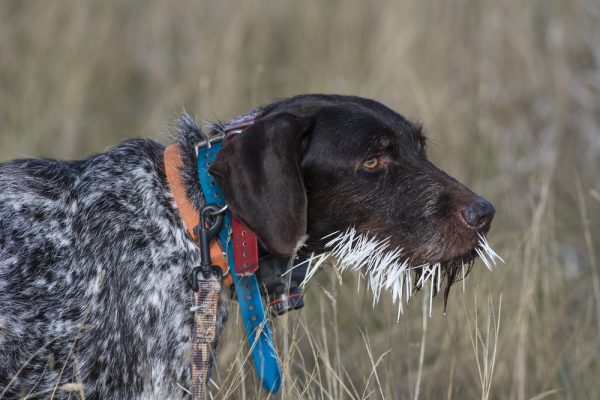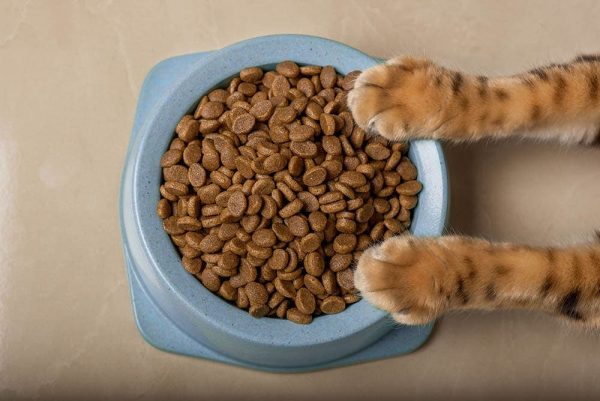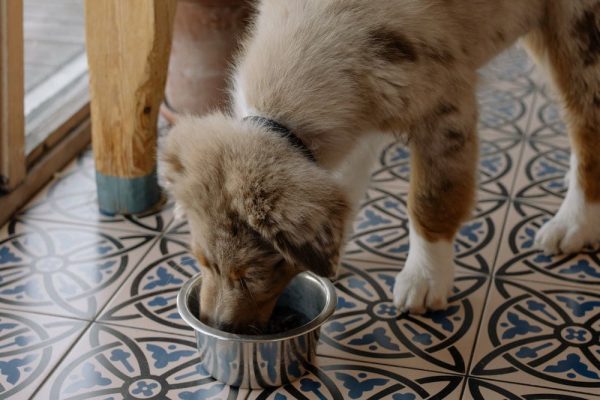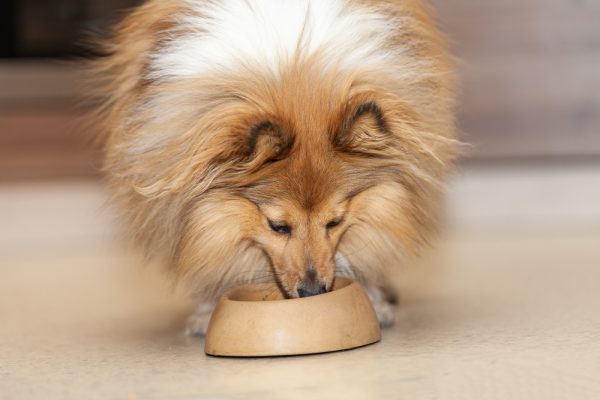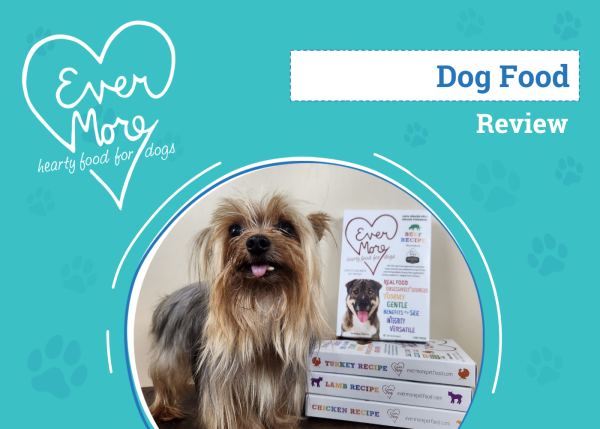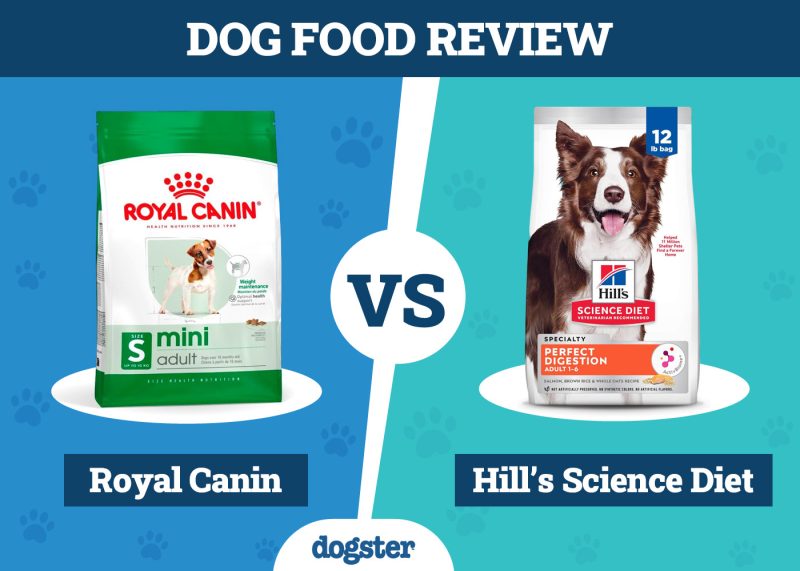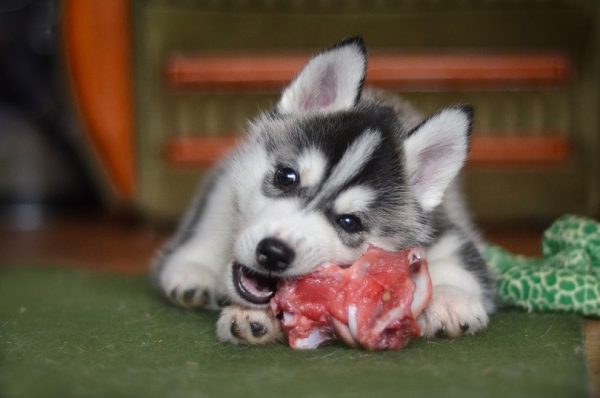In this article
View 4 More +Mulch is not safe for your dog to eat. While some varieties can present more dangers than others depending on what they are made from, all pose a risk to your dog, and some are even toxic. If you suspect your dog has eaten mulch, contact your veterinarian immediately.
So, why is mulch so bad for your dog? We’ll take a look at the types of mulch you might have in your garden so you know the various effects they might have on your dog’s health.

What Is Mulch?
Mulch covers the soil, makes it more attractive, reduces weed growth, and retains moisture. It can be made from rubber, cedar shavings, and cocoa beans. To a dog, mulch can smell and look enticing, and it’s especially tempting for dogs that like to munch things in the garden they shouldn’t.
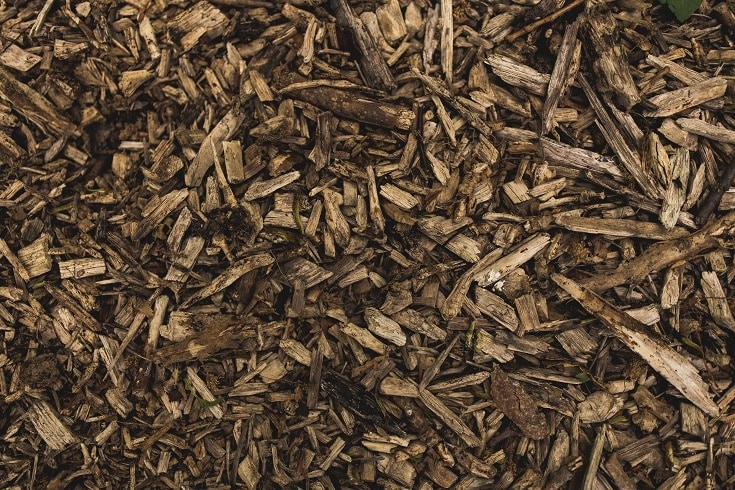
What Are the Risks?
Large pieces of mulch can damage your dog’s throat or lead to bowel and stomach obstructions. Cocoa bean mulch smells great, but the danger lies in the compounds it contains, theobromine and caffeine, which you also find in chocolate. These substances are poisonous to dogs, and eating them can lead to signs such as vomiting, diarrhea, a fast heart rate, tremors, and even seizures. Some gardeners also use pine needles, which can look pretty but can damage your dog’s gastrointestinal tract if swallowed and get stuck in their paws if walked on.
Rubber is also considered a safe alternative. However, there are still concerns about using rubber; residual chemicals could make your dog sick if they chew on it, and there is a risk of gastrointestinal obstruction if they swallow chunks.
Mulch can contain molds or pesticides that can be toxic if eaten. Many types could contain molds like penitrem A and roquefortine, which can cause tremors or seizures, vomiting, or diarrhea.
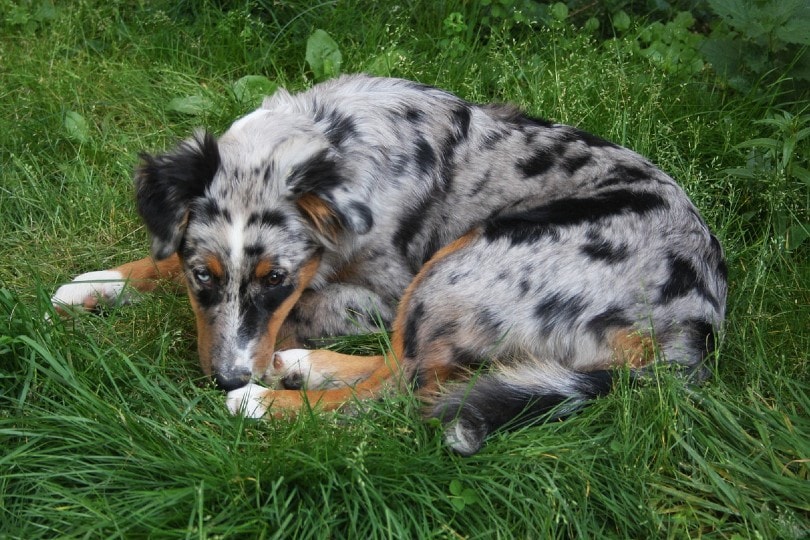
Signs of Mulch Poisoning
We suggest taking your dog to the vet if you suspect they have ingested mulch; you don’t have to wait for any signs of mulch poisoning to appear. The signs of mulch poisoning vary depending on the type and amount they have eaten. Signs may include:
- Abdominal bloating/pain
- Depression and lethargy
- High blood pressure
- Hyperactivity
- Inability to have a bowel movement or diarrhea
- Increased heart rate
- Irregular heart rhythm
- Loss of appetite
- Rapid breathing
- Restlessness
- Rise in body temperature
- Seizures
- Increased thirst
- Tremors
- Vomiting
If you’re concerned about your pet’s well-being, we recommend you contact a veterinarian.
If you need to speak with a vet but can't get to one, head over to PangoVet. It's our online service where you can talk to a vet online and get the advice you need for your dog — all at an affordable price!
Although rare, the most severe cases can be fatal, so you must seek medical attention immediately. While some pose higher risks, like cocoa bean mulch, all types can contain mold or result in an obstruction, which can be fatal.
Bring a mulch sample and the product packaging to the veterinarian clinic to determine its composition, if possible.
Will Your Dog Recover From Mulch Poisoning?
The recovery rate will depend on a few factors, such as how much mulch was ingested, the health of your dog, and the time between the ingestion and when treatment was sought. Fortunately, most dogs make a full recovery.
If you don’t think you can keep your dog from munching on mulch, remove it from your garden. If you have a dog that enjoys eating soil, plants, and any other inappropriate items outside, you might need to monitor them at all times when they’re outdoors. Other things you can do include the following:
- Train your dog to stay away from the mulch
- Create a small physical barrier
- Distract your dog when they’re outside
- Use pet-safe scented deterrents so the mulch doesn’t smell so interesting
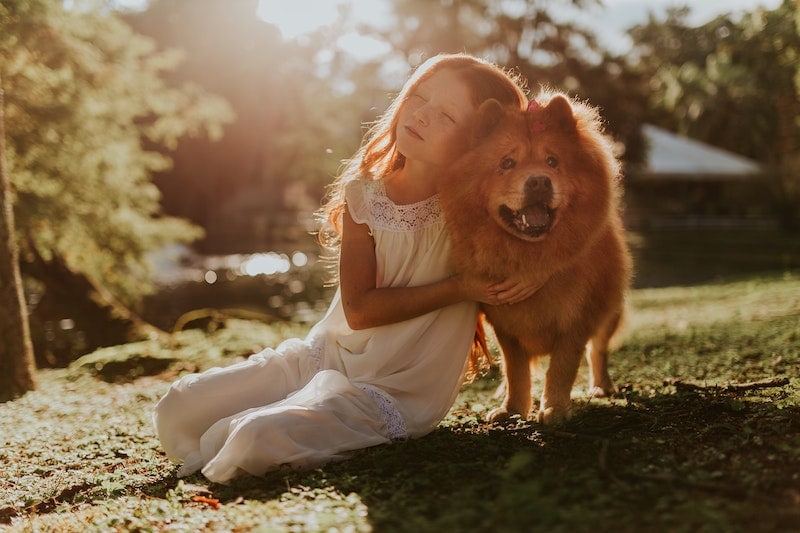
Are There Any Safe Alternatives You Can Use?
There is some debate about whether there are any safe alternatives to use in your garden. Stones and rocks are a good alternative since most dogs aren’t prone to eating them. Sawdust can be safe, depending on which tree it came from; cedar and cypress are generally considered dog-friendly.

Summary
Mulch is unsafe for your dog to eat, and the sooner you get your dog treatment, the faster their recovery will be. The recovery time will also depend on how much mulch they ingested and your dog’s overall health. Thankfully, most dogs fully recover, but if you suspect it could happen again because your dog likes to munch on things they shouldn’t, it might be wise to keep them away from the mulch or remove it entirely.
Featured Image Credit: CC0 Public Domain, pxhere
